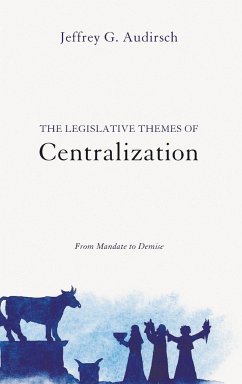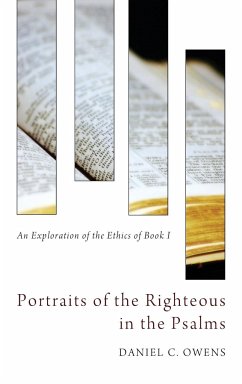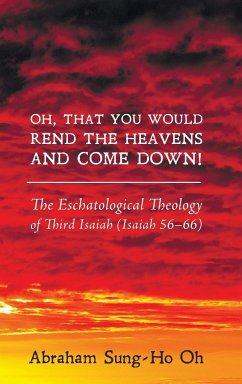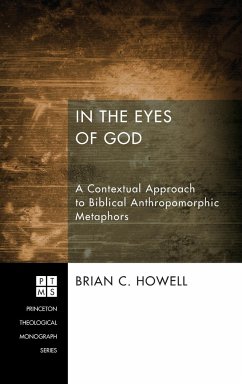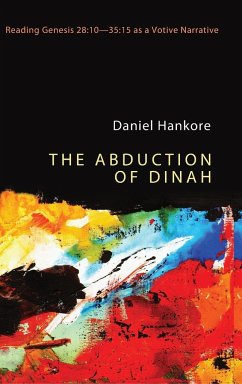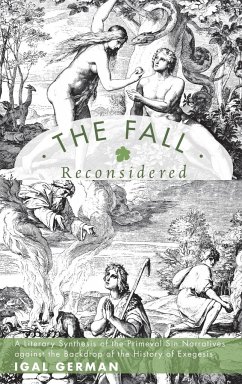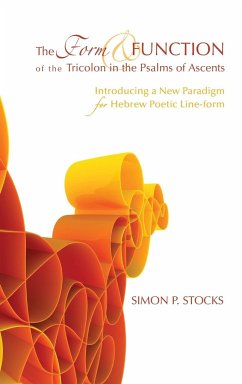The centralization of the cult mandate in Deuteronomy has captivated scholars for over two centuries. Related to this mandate are five legislative themes--abrogation of idolatry, tithing, the Israelite festival calendar, judiciary officials, and the priesthood. Collectively, these themes are interwoven into the Deuteronomic social, political, and religious infrastructure. Interpreted through an exilic lens, this study examines the themes through the relevant literary strata in the Enneateuch. In doing so, the themes are identified as playing an instrumental role in the demise of the divided monarchy. It is through the demise of the divided monarchy that the book of Deuteronomy, especially the centralization mandate, takes on a new meaning--a utopian desire. Thus, the rhetorical strategy of centralization, once contrived to unify and purify the cult, actually leads to failure and serves as motivation for reform during the exilic period. ""Jeffrey Audirsch is a fresh voice in a long-standing, and sometimes stale, conversation, providing some refreshing perspectives on a difficult and demanding subject. He doesn't reflect any hubris implying a final solution to the larger complex topic, but he reflects a consistent focus and a clarity of purpose aimed at moving the discussion forward, demonstrating an encouraging flexibility in reading and interpretation, an inviting contrast to the rigidity often characterizing both conservative and nontraditional scholarship in the area."" --Walter E. Brown, New Orleans, LA ""Audirsch has completed a very credible investigation of Deuteronomy's centralization motif. Drawing from several critical methodologies, this work isolates and investigates key passages and then moves this field of research forward. Those considering serious study of this topic should be pleased and well served by Audirsch's contribution."" --Archie England, New Orleans, LA ""Jeff Audirsch has made a significant contribution to bridging the understanding of the role of the book of Deuteronomy in the legislation of the Pentateuch and its role in shaping the exilic and post-exilic community of ancient Israel. By highlighting the function of the five key themes of Deuteronomy, namely idolatry, tithing, festivals, judiciary leadership, and the priesthood, Audirsch has shown how Deuteronomy functioned as the pivotal point positionally in the unified structure of the Enneateuch of Genesis through Kings."" --R. Dennis Cole, New Orleans, LA ""In The Legislative Themes of Centralization, Audirsch examines five legislative themes related to the centralization of the cult in Deuteronomy 12-18 using an integrated methodology that does justice to both diachronic and synchronic perspectives. These themes include: the abrogation of idolatry, tithing, the Passover and festive calendar, judiciary officials, and the priesthood. I highly recommend Audirsch's work to any scholar interested in the Enneateuch, in general, and the book of Deuteronomy, in particular."" --Jeremy Thompson, Bellingham, WA Jeffrey G. Audirsch is Assistant Professor of Christian Studies at Shorter University.
Hinweis: Dieser Artikel kann nur an eine deutsche Lieferadresse ausgeliefert werden.
Hinweis: Dieser Artikel kann nur an eine deutsche Lieferadresse ausgeliefert werden.

